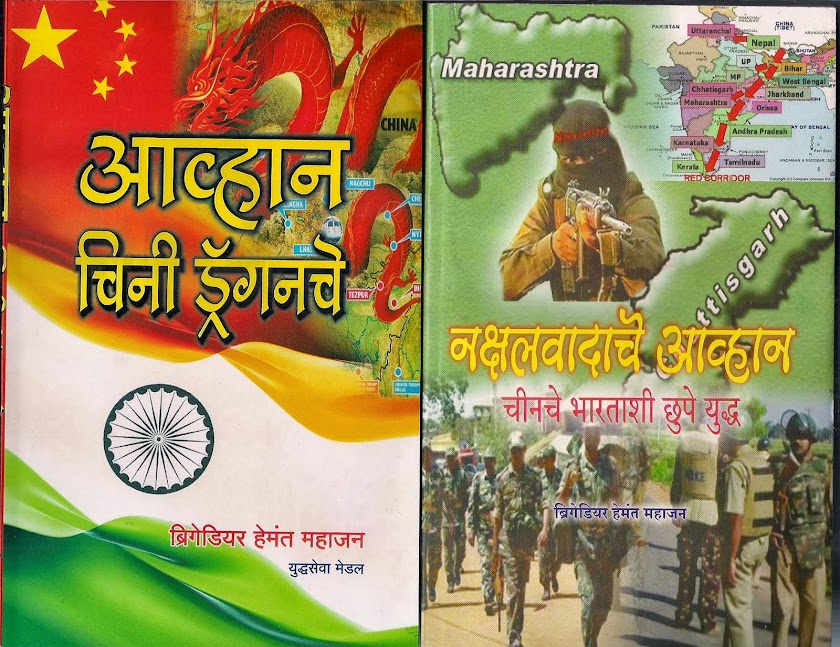https://www.newsbharati.com/Encyc/2023/4/29/NB-Security-Scan-Episode-40.html
News In Brief
Biden Aims to Unveil China Investment Curbs With G-7 Backing
US wants key allies to endorse concept at May summit in Japan. Order will focus on chips, AI, quantum investments in China.President Joe Biden aims to sign an executive order in the coming weeks that will limit investment in key parts of China’s economy by American businesses.
The administration, which has been debating the measure for almost two years, plans to take action around the time of a summit of the Group of Seven advanced economies that’s due to start on May 19 in Japan.
How business-friendly Hong Kong became a hub of Russian chip trade Fooling USA
Ease of setting up companies makes dodging sanctions easier, experts say.In Hong Kong, setting up a shell company can be done in a matter of days and for less than the cost of an iPhone.
This business-friendly system began under British rule -- and continued under communist China -- helping the city transform itself into one of the world's most successful commercial hubs.
But it has also put Hong Kong at the center of a web of trading companies that is funneling millions of dollars' worth of American-made semiconductors into Russia despite U.S. sanctions imposed following the invasion of Ukraine.
The next arms race: China leverages AI for edge in future wars
China already produces the most top AI scientists, with the country hosting the first nine of the world’s top 10 institutions publishing AI-related papers.
Indian Response is not in public domain.
Frozen Frontiers: China’s Great Power Ambitions in the Polar Regions
Chinese scientific research and commercial investments in the Arctic and Antarctica have elevated China’s voice in polar affairs, but its growing physical footprint in the world’s most remote frontiers also advance China’s broader strategic and military interests.
Alliances with the western world is the way ahead for India to guard its interest in this region.
India to buy more Russian, American missile systems for Navy
The Klub missile from Russia is equipped on both the surface warships and submarines of the Indian Navy and has been one of the importing weapon systems for it for a long time, they said. The Harpoon missile system acquisition is expected to cost around USD 80 million to the Indian Navy under a foreign military sales route. The US Congress has already approved the sale of the Harpoon Joint Common Test Set (JCTS) and related equipment to India.
"Cope India 2023: Celebrating the power of aerial collaboration between India and the US"
Altogether, 564 personnel from the IAF and the USAF took part in the exercise during which most days recorded maximum day temperatures of above 40 degrees Celsius at Kalaikunda and at Arjan Singh Air Force station in Panagarh.
SCO defence ministers' meet discuss regional situation, ways to combat terrorism
The defence ministry said the SCO pursues its policy based on the principles of sovereignty and territorial integrity of nations, non-interference in internal affairs and mutual understanding and respect for opinions of each of them. It said the theme of India's presidency of the grouping in 2023 is "Secure SCO".
As far as India China border resolution is concerned ,they was no progress. The Chinese against repeated that we should progress ahead without resolving the border issue, while India once again repeated it's demand that relationships cannot be normalised till the time the border issue is resolved.
Army personnel dies in MP after trying to launch firework from his mouth
Nirbhay Singh Singar, posted with the Army in Jammu & Kashmir, had come to the village on a month-long leave to attend the wedding. During the ceremony, Singar placed a firework rocket in his mouth, but it instead of shooting up, it burst in his mouth, killing him on the spot.
INTERNAL SECURITY
https://www.newsbharati.com/Encyc/2023/4/29/NB-Security-Scan-Episode-40.html


